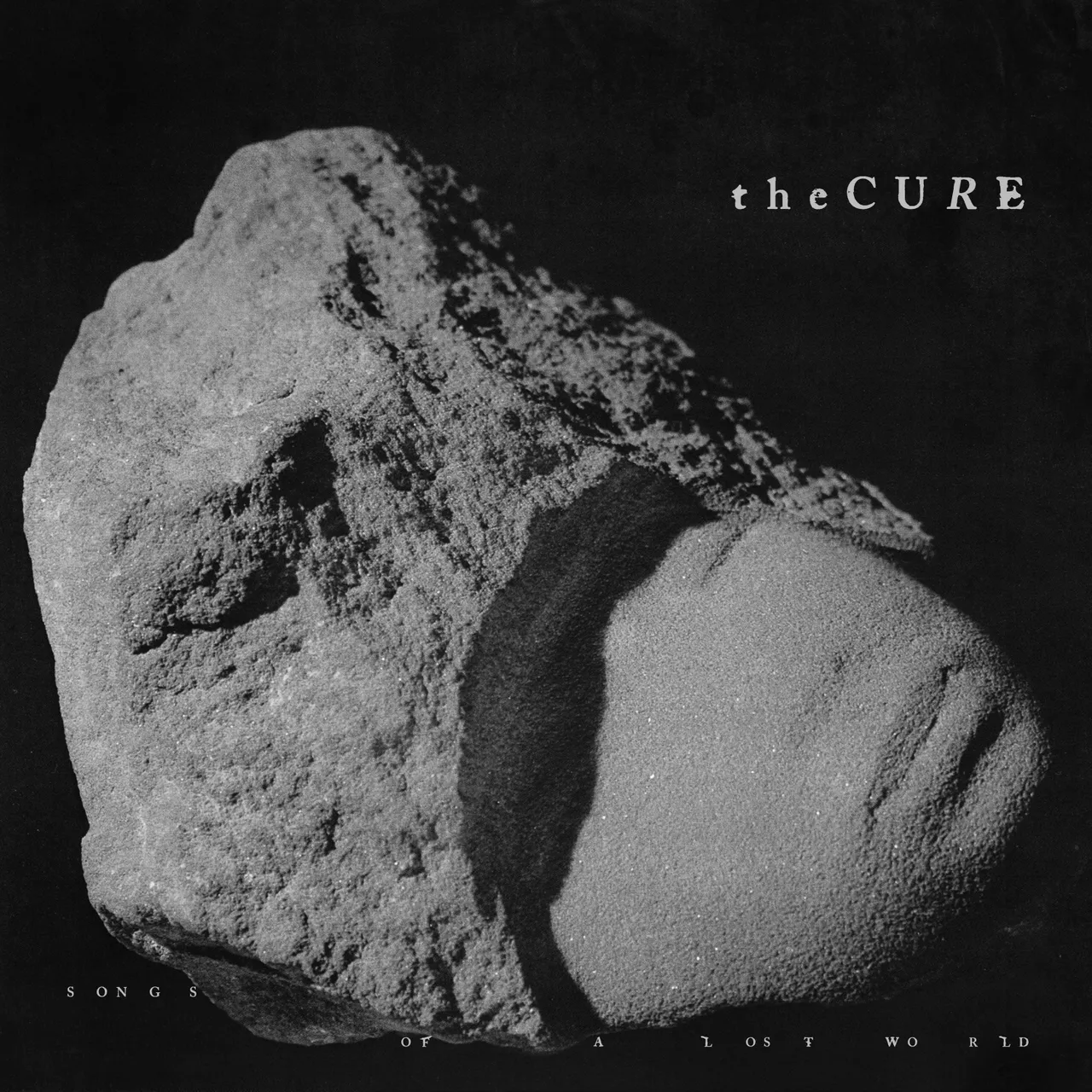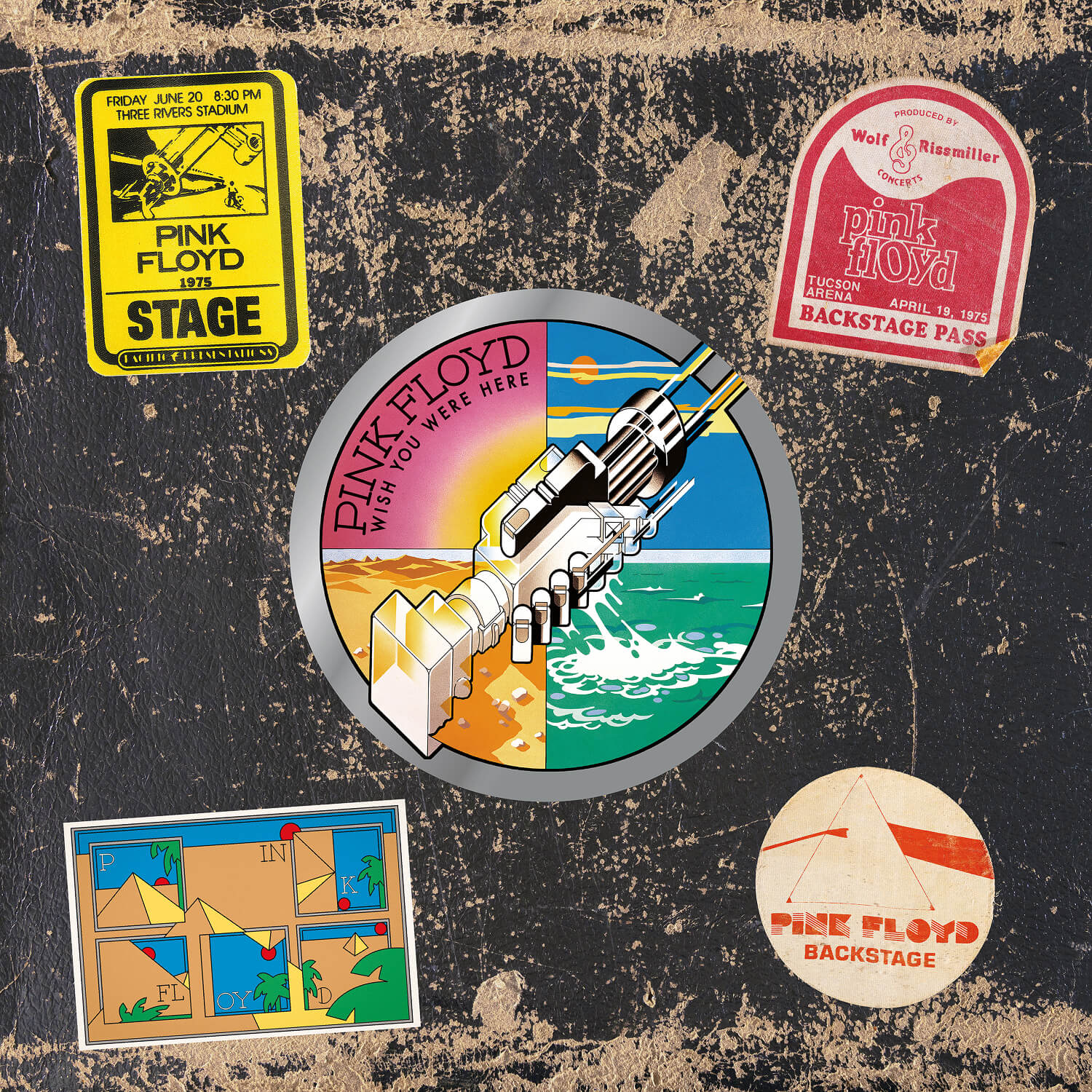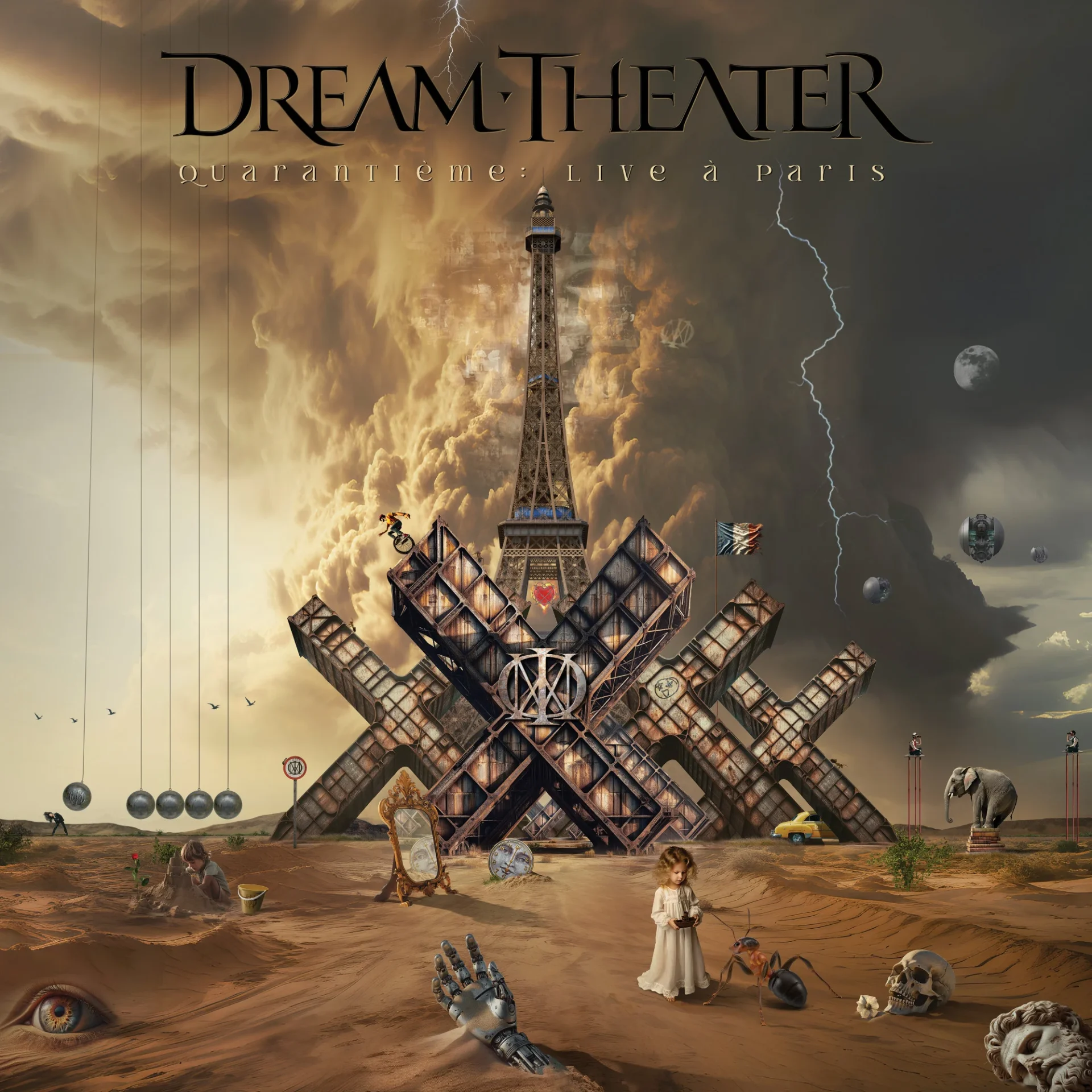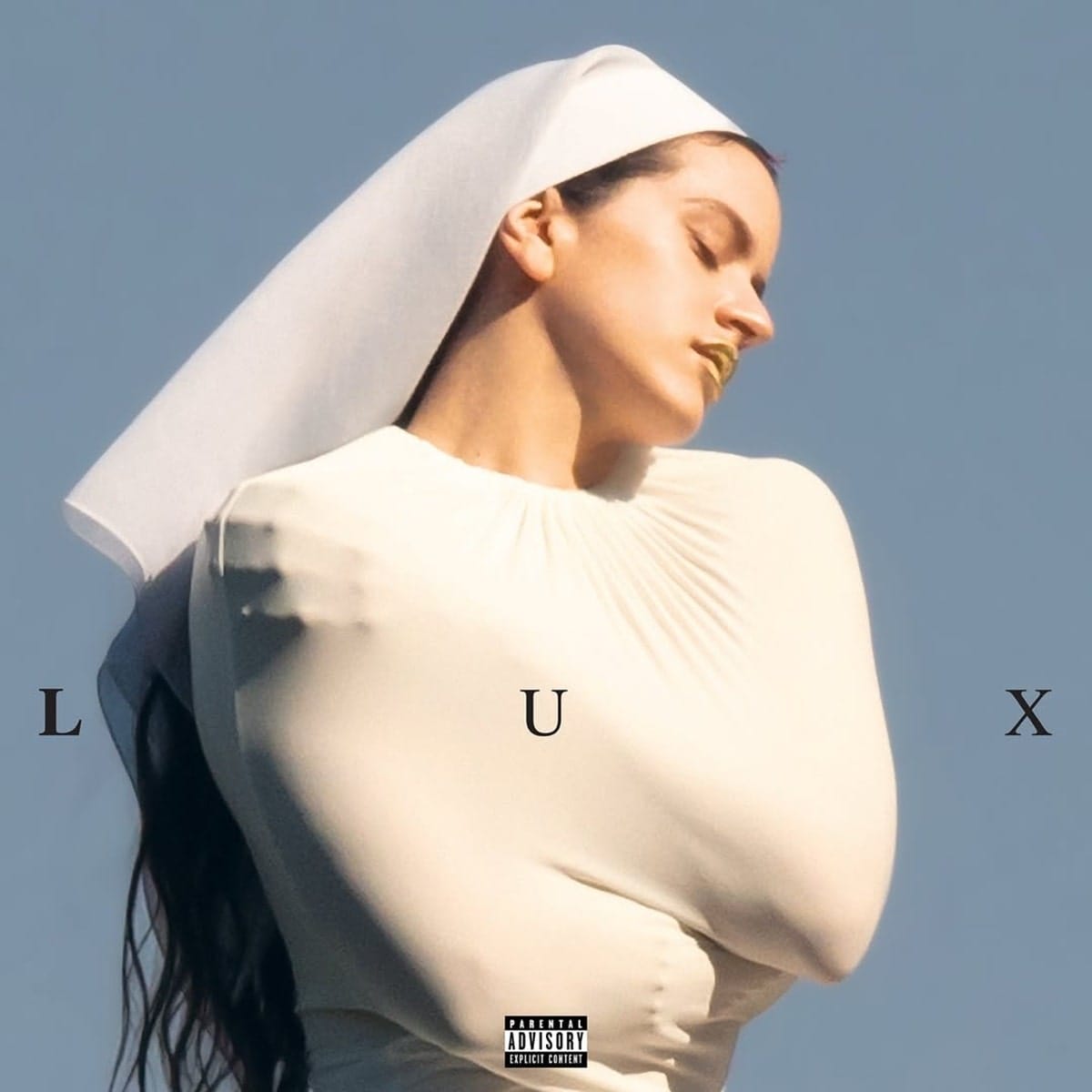It has been 16 long years, but we finally have a new album from The Cure: “Songs of a Lost World”, a slow, sombre work that evokes feelings of loss and melancholy on every minute. But, despite the album being wrapped in sadness, there is an indescribable and moving beauty in the way Robert Smith (voice, guitar, and main composer,) and the rest of the band channel that suffering.
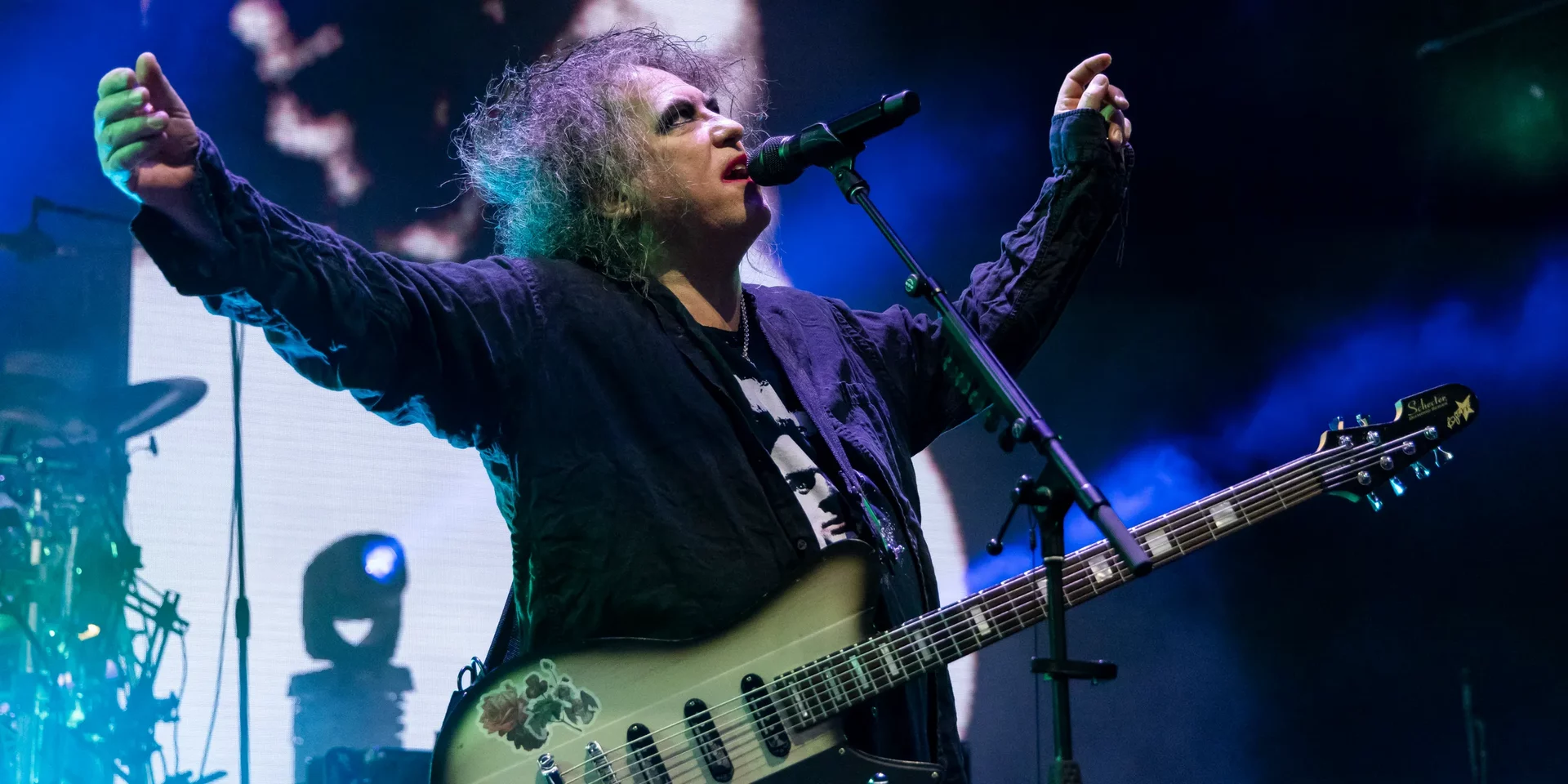
“Songs of a Lost World” recalls, for the most part, the depressive, atmospheric, and dark sound of The Cure’s masterpiece from 1989, “Disintegration”, with a touch of the ever-present melancholy in “Bloodflowers” (2000).
The band builds many of the songs to a slow rhythm, with elongated introductions that develop little by little, as the members add various layers of elements, like synthesized ethereal string sounds, beautiful piano phrases, and slow, deeply felt arpeggiated guitars. They create a deep musical landscape on which Smith’s voice spreads out tortured, introspective, and nostalgic lyrics.
The sadness and despair that characterize this work are evident from the opening lines of the first song, “Alone”, which serves as a prelude to all that follows:
“This is the end
of every song that we sing.
The fire burned out to ash
and the stars grown dim with tears.”
Smith revealed in an interview that he composed the entire album during a period of mourning, following the death of his parents and older brother, which also led him to confront the fact that he himself, at 65 years old, has aged. These strong feelings can be perceived throughout the album, where reflections on the passage of time, the feeling of loss, and aging and dying recur, like in the song “And Nothing is Forever”:
“I know, I know that my world has grown old.
And nothing is forever.”
In the song “I Can Never Say Goodbye”, Smith shares a lament for his aforementioned brother, through some very emotive lines:
“Something wicked this way comes,
from out the cruel and treacherous night.
Something wicked this way comes,
to steal away my brother's lifе.”
However, not all the songs are so slow and gloomy. There are a couple of exceptions that Smith says he decided to add to make the album more dynamic for listeners. These songs, “Drone:Nodrone” and “All I ever Am”, evoke some more upbeat cuts from The Cure’s discography, without reaching the playful pop of tracks like “Friday I’m in Love” or “Just Like Heaven”, which you won’t find here.
The album, with only 8 songs, concludes with the collection’s longest song, aptly named “Endsong”, boasting a runtime of ten and a half minutes. It’s a recapitulation of the album’s essence, both musically and lyrically. In case the idea hadn’t sunk in enough through the previous songs, Smith sings:
“It's all gone, it's all gone.
Nothing left of all I loved.”
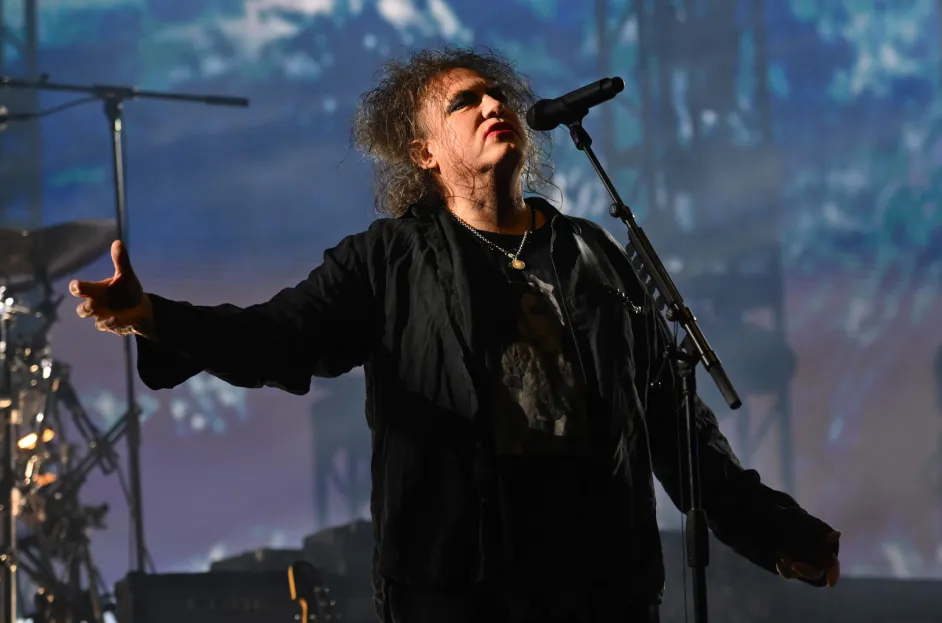
“Songs of a Lost World” strikes me as a great album. No doubt. I believe it perfectly channels that Cure sound that has made many of us feel, sigh, and above all, find comfort within its shroud of darkness. Those who enjoy albums like “Wish”, “Bloodflowers”, and of course, “Disintegration”, I am sure “Songs of a Lost World” will seem like a potentially significant work. Like the feeling of reuniting with a lost old love.
I should mention that “Songs of a Lost World” is the first Cure album to feature recordings by guitarist Reeves Gabrels, who has been with the band since 2012. For those who don’t know, Gabrels was part of David Bowie’s band in the 90s, staying with Bowie for just over a decade. Who else can boast of having been in Bowie’s band, and then becoming a member of The Cure? Impressive.
To conclude, Smith has stated that the band has recorded enough material for a couple more albums, which they plan to release in the coming years. Will they materialize? I guess time will tell. For now, “Songs of a Lost World” more than satisfies my desire to hear new music from The Cure.

